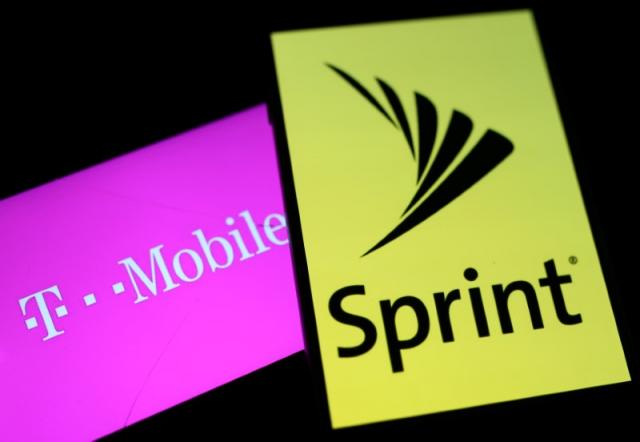
The U.S. Department of Justice is examining how the proposed merger between T-Mobile US and Sprint could affect prices for smaller wireless operators, Reuters reported.
The argument is that the $26 billion merger would cut competition between T-Mobile and Sprint. They have dominance in selling network access to wireless companies. If these firms have no voice in negotiations with the combined T-Mobile-Sprint, their cost conscious pre-paid consumers will be forced to buy packages at higher prices.
The Justice Department, which is evaluating T-Mobile’s deal to buy rival Sprint, collected response from small wireless operators that buy access to the major wireless networks at wholesale rates.
AT&T, Verizon, T-Mobile and Sprint are four major U.S. wireless providers. T-Mobile argues that the U.S. telecom market has more than four operators because some cable service providers have already announced their mobile business.
Since the head of the Justice Department’s antitrust division recently refused to commit to keep four carriers after the T-Mobile deal is completed – an issue that contributed to AT&T dropping its pursuit to buy T-Mobile in 2011 – the department’s examination of the wholesale market suggests the government is giving the deal a thorough review.
David Glickman, chief executive of Ultra Mobile and Mint Mobile, two pre-paid wireless brands, said Justice asked to speak with him about the merger, but said he was not given additional details about what the department wanted to discuss.
“A merger between T-Mobile and Sprint without any concessions would be bad for phone consumers, businesses and the country,” said Peter Adderton, founder and former chief executive of Boost Mobile USA, which was acquired by Sprint.
Adderton, who called for formal regulation of wireless wholesale prices after the T-Mobile-Sprint deal was announced, said it was “encouraging” to see the Justice Department reach out to learn about how the merger could affect businesses and consumers.
While AT&T and Verizon dominate the U.S. wireless market overall, T-Mobile is the most popular among customers who make less than $75,000 per year, and Sprint’s pre-paid brand Boost counts 83 percent of its users in that income range, according to data from Kagan, S&P Global Market Intelligence data.
T-Mobile has 38 percent of the U.S. pre-paid market, while Sprint has 16 percent, which would give the combined company 54 percent, according to S&P.





